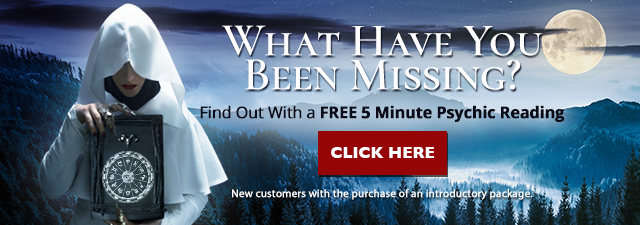Why We Dream at Night

Do you wake up in the morning feeling refreshed and remembering every detail from a night of vivid dreams or do you wake up thinking you spent your sleeping hours without a thought in your mind? While researchers have long since proven that the sleeping brain is very busy indeed, they have yet to prove exactly why we dream at night.
Dreams are the culmination of thoughts, images and emotions that you experience while you sleep and there are many different theories on what they mean to your waking life. Currently, researchers are conducting studies to determine whether dreams are a physiological, biological or psychological function or a combination.
Sleep studies have shown that we sleep in cycles that are repeated numerous times throughout the night. Our heart rate and brainwaves vary throughout the night and the entire sleep cycle is completed with REM (rapid eye movement) sleep, which is when our brainwaves and heart rate most closely mirrors our waking state. Each of the first four sleep stages brings you deeper and deeper into sleep. REM sleep is the fifth and final stage of the cycle and it is when dreaming is thought to occur.
Sigmund Freud is one of the first to study dreams as one aspect of psychoanalysis, which is the method he developed to uncover psychological issues through word association, dreams and fantasies. His definitive work about dreams was published in 1899 is The Interpretation of Dreams and is one of the first references for dream interpretation and remains both culturally and historically important. His theory is that dreams serve as a window to our subconscious and that our dreams are filled with overt and latent symbols that reveal our desires. This remained one of the most influential texts regarding the purpose of dreams throughout the first half of the 20th century.
Much to the ire of Freudian analysts, the activation-synthesis model is a dream theory that was published in 1977 by J. Allan Hobson and Robert McCarley. Their theory stated that dreams were a physiological occurrence that happened when certain neural pathways were activated by REM sleep. It further explained that these pathways exist in the parts of the brain that store emotions, sensations and memories. They concluded that dreams are the result of your brain trying to create meaning from these activated pathways.
In recent years, researchers have used the astounding technological advances in medical imaging to conduct more sophisticated and detailed sleep studies. They can now see and record all brain activity that happens throughout the sleep cycle. In fact, some researchers are getting closer to predicting what you are dreaming based on your brainwaves. With this influx of new information, new theories will abound. While some theories believe that dreams are a byproduct of the sleeping brain and others hold to Freud’s dream theory, we don’t know what the future will reveal about our deepest dreams.









